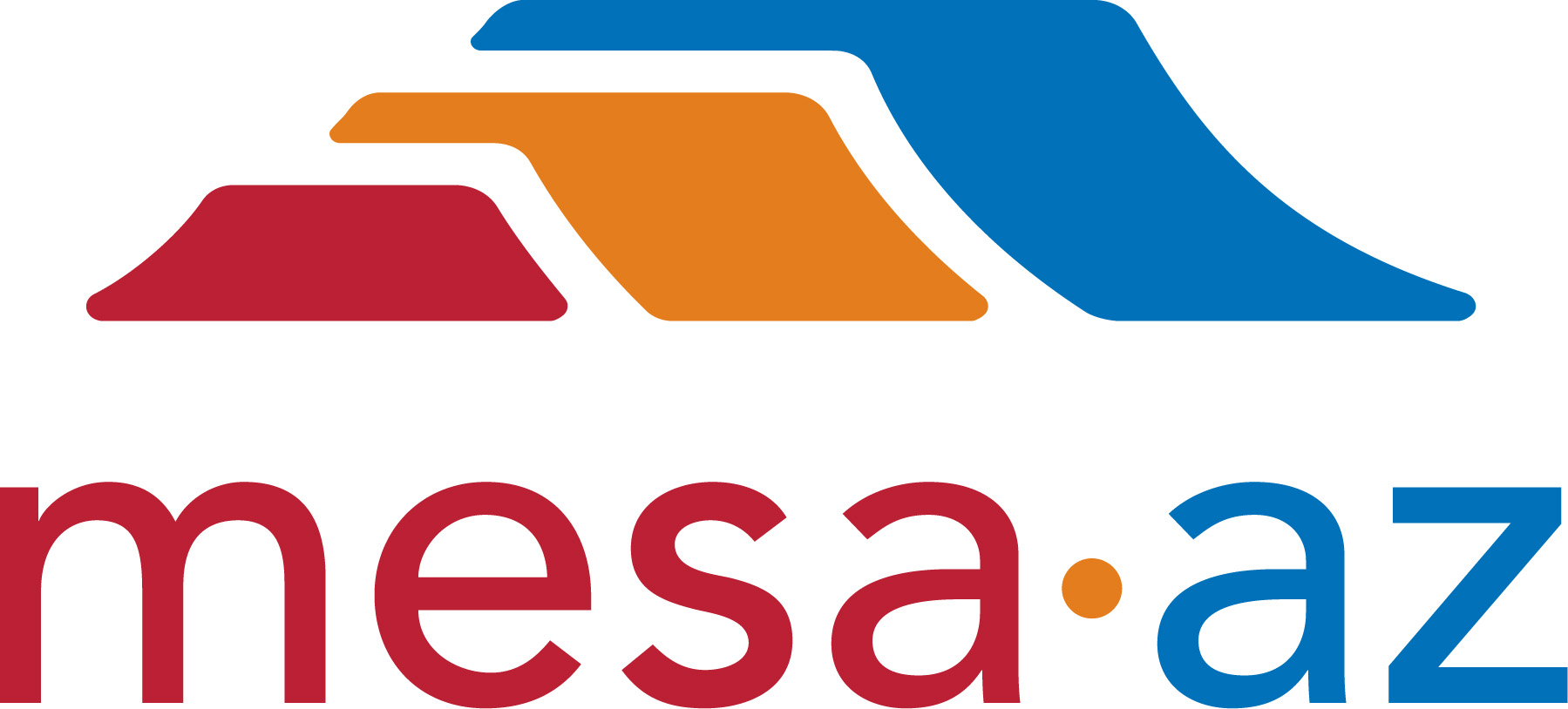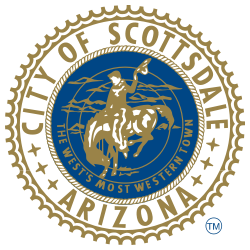In This Issue
Welcome New VSCCC Board Member!
Vehicle Technologies office funding opportunities
Bioenergy and Biofuels
Welcome To The Team!
VSCCC is happy to welcome a new board member, Bill Kohn, to our team! Bill is the City of Scottsdale's new Director of Fleet Management. Although new to Scottsdale, Bill has provided fleet and transportation management leadership for more than thirty years. He has actively participated in the alternative fuels industry since 1996 with many major projects, including three CNG stations builds, blending of biofuels for large fleets and others. We are very grateful to have Bill on our board and know his fleet management experience and knowledge of alternative fuels will be an excellent addition to our organization.
Bioenergy Technology
Announcements from the DOE’s Bioenergy Technologies Office (BETO) this month have brought some attention to the exciting field of Bioenergy. Bioenergy is a form of renewable energy generated from organic materials called biomass. Biomass can be used to produce transportation fuels, electricity, heat and other products. These biomass resources can come from many sources including dedicated energy crops, agricultural crop residues, algae, municipal waste, and wet waste. Wet waste includes landfill waste, wastewater, sewage, and livestock manure and was the focus of one of BETO’s latest funding awards. The office just awarded $3 million to projects for the improvement of local waste-to-energy processes and infrastructure. Two projects were selected, one working to create tools and resources for the implementation of waste to energy technologies and the other researching the use of a biosolids conversion facility for the production of renewable diesel and aviation fuel.
The fact that biofuels can come from so many different sources including waste, make them an ideal alternative fuel. Alternative biofuels such as biodiesel and biogas can greatly lower harmful emissions when used in place of petroleum. Estimates from BETO’s 2016 Billion Ton Report state that the United States has the potential to produce 1 billion dry tons of non-food biomass resources annually by 2040 and still meet demands for food, feed, and fiber. This could produce up to 50 billion gallons of biofuels and generate enough electricity to power 7 million households. Sources of biomass are readily available and the resulting energy and fuels produced from them are suitable for many different applications including powering heavy duty vehicles and even aircraft. Bioenergy and biofuel technologies could be a viable option for many sectors of the economy as they look to adopt clean energy solutions.
VTO Funding Opportunities
The Vehicle Technologies Office (VTO) has announced their 2023 program wide funding opportunities. This funding will support the research, development, demonstration and deployment of several types of electric vehicle related topics. These include projects that will reduce the weight and cost of batteries, lower the lifecycle emissions of materials, and decrease the cost of both on and off road vehicle charging infrastructure. The funding will also support other innovative public transit solutions, and training to increase deployment of these technologies among diverse communities. Concept papers are due 6/26/23 and final applications are due 8/11/23. You can learn more at the EERE funding page. This funding announcement is especially relevant to VSCCC since several of these funding sections suggest or even require the applicant to partner with a Clean Cities Coalition. Please reach out to us if you are considering applying to any of these topic areas and we will be happy to help in any way we can. Email us at info@cleanairaz.org
Member Spotlight
City of Mesa
With a population of over 500,000 people, the city of Mesa is one of the largest cities in the state of Arizona. Mesa has something for everyone, with many natural recreational areas, museums, attractions, shopping and more. This large city is also making a big difference when it comes to helping the environment. Mesa is improving air quality by utilizing clean alternative fuels in its fleets. Its solid waste trucks run on natural gas and Mesa Public School District has over 255 propane school busses in its fleet. Adopting alternative fuels is just one of the many techniques being used by the city to ensure a sustainable future for Mesa. Visit the city of Mesa’s website to learn more about this great city!
VSCCC strives to provide alternative fuel information to all people within our region. In order to increase our outreach abilities we are working with local agencies to share our newsletter and clean fuel resources with an even greater audience. We are proud to partner with the Inter-Tribal Council of Arizona's Air Quality Department, ASU's Sustainable Cities Network and Maricopa County Air Quality Department.








































